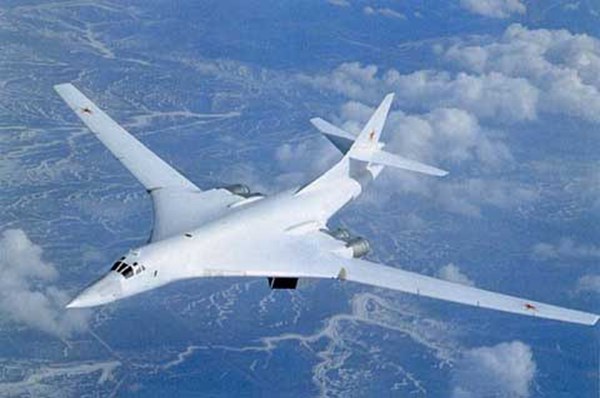French fighters escorted two Russian Tu-160 bombers flying over English Channel
According to the French daily newspaper Le Figaro, General André Lanata, Chief of Staff of the French Air Force, announced that on February 17th two Russian Tu-160 strategic bombers flew over the Channel Tunnel and were immediately escorted by French fighter planes in order to avoid further incident.
"The aircraft remained over international waters. They turned back without entering French airspace," Lanata reported. The General said that the Russian bombers were escorted by Rafale and Mirage-2000 fighter jets.
"The bombers took off from Russia then skirted Norway and the British Isles,” Lanata said. “First they were accompanied by the UK Air Force planes. We have taken on this role over the Channel". According to him, such flights of Russian combat aircraft near the borders of France remain relatively rare. "Intensification is not observed. Similar flights are a part of Russian attack initiatives, but that often turns out not to be the case," Lanata said.
On the day of the incident, the representative of the Ministry of Defense of the United Kingdom reported that Typhoon fighters took off from a Lincolnshire Air Force base to intercept the Russian bombers over the North Sea. The Russian planes did not violate British airspace.
On the 12th of December, British Defense Secretary Michael Fallon said that London was disturbed by numerous cases of Russian strategic bombers operating near the country’s airspace. According to the Minister, the British Military held talks with Russian colleagues to prevent any incidents.
"We have discussed with Russia the introduction of some measures in order to avoid any miscalculations or accidents regarding its long-range aviation,” Fallon said at the meeting of the Atlantic Council in Washington. “In recent months we have seen several cases of invasion of the British Flight Information Region."
According to the Minister, the Russian military aircraft have never entered British airspace. However, the military aircraft repeatedly flew close to the border and made maneuvers in "the British Zone of Interests."
